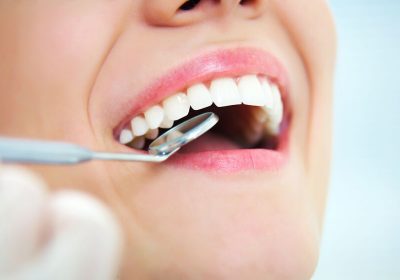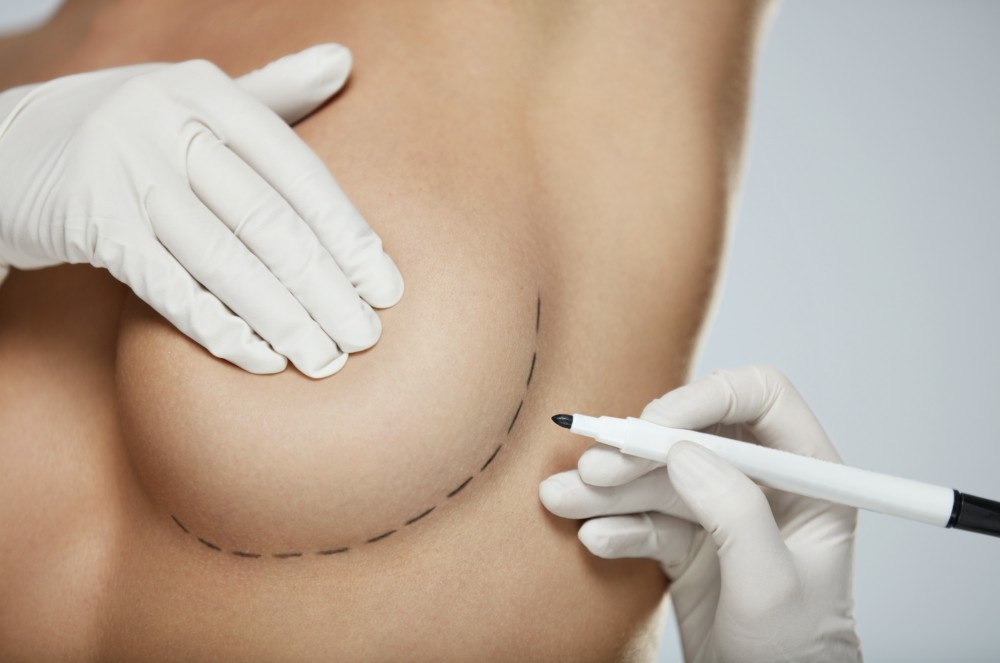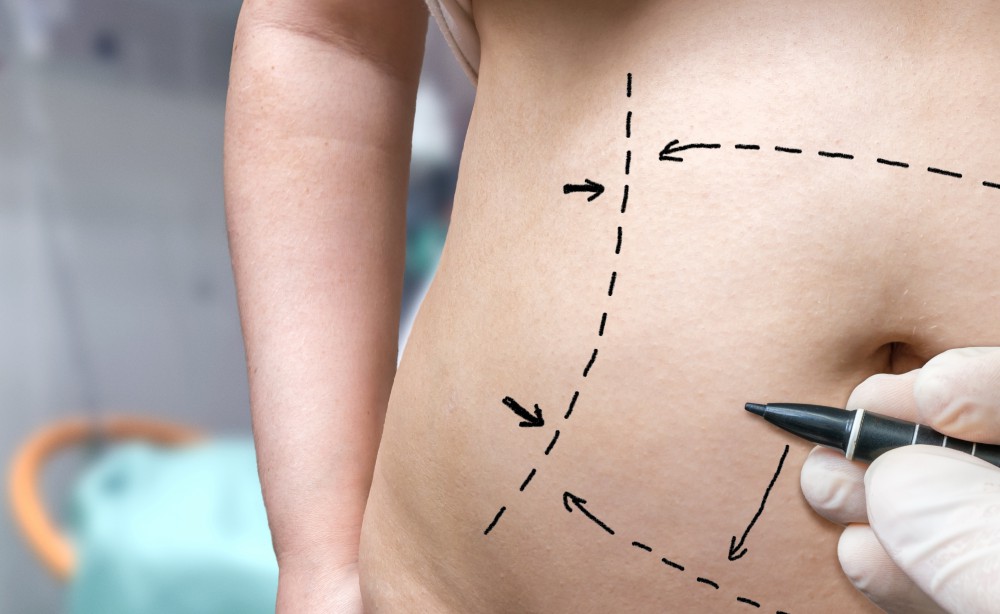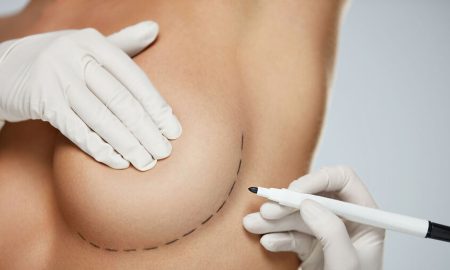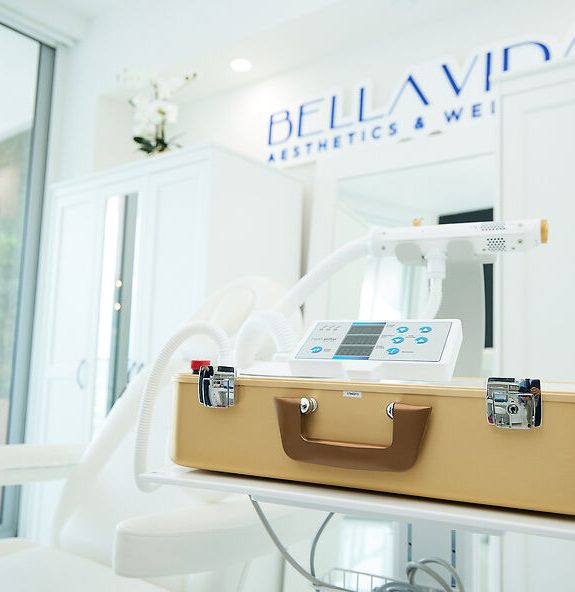Plastic surgery requires preparation to ensure your body is in tip-top shape for optimal recovery—which is essential for the best possible outcomes. Facial plastic surgeon Dr. Kian Karimi of Rejuva Medical Aesthetics in Los Angeles shares his pointers for getting ready so you get the results you’re looking for.
Plastic surgery can be one of the most significant planned stressors that someone will encounter in their lifetime. Preparing your body physically before surgery with the proper diet, optimal sleep and relaxation, and avoiding potentially harmful substances, supplements and medications will give your body a physiological advantage for the big day and the recovery that follows. Mental preparation involves maintaining a positive attitude, reducing mental stressors and pre-planning for the recovery period to make the surgical process an overall more enjoyable experience.
The key to preparing yourself for plastic surgery is to make your body as strong and resilient as it can be. Some types of anesthesia may have undesirable short-term effects and the acute stress one undergoes during surgery is similar to a runner going into a marathon. This is why the few weeks prior to plastic surgery are essential for reducing your physical load and providing your body with the fuel it needs for successful recovery. For starters, consider these suggestions:
- Reduce unnecessary stress by avoiding situations with family or friends that will keep you up late or entice you to indulge in alcohol or cigarettes.
- If you are a smoker, do not smoke for one week prior to surgery and the week following. (Two weeks before and after is more ideal.) To make this easier, start to reduce gradually to make the transition easier.
- Alcohol should be avoided for at least three days before surgery because it is a blood thinner. Abstaining for one week or more is optimal as alcohol in general is hard on your immune system.
- Avoid all supplements and medications with blood-thinning effects for one week prior to surgery. Your surgeon will provide specifics, but some of these medications and supplements include vitamin E, fish oil and NSAIDs such as aspirin and ibuprofen. Be sure to give your surgeon a detailed list of all supplements and medications that you take.
- If you have a headache before or after surgery, Tylenol may be used.
- Bromelain and arnica are beneficial supplements before and after surgery to reduce swelling and pain.
- Sleep is a vital for fortifying your immune system and improving your body’s response to the physical and mental stressors associated with surgery. Try to get seven to nine hours of sleep a night for at least the two weeks leading up to your procedure.
I believe that diet plays a large role when preparing the body for surgery and recovery. Research has shown that intermittent fasting three to seven days prior to surgery may have profound positive physiological effects on your body during your procedure and in the recovery process. Reducing calorie intake by 30-40% can provide a substantial recovery “edge,” although maximum benefits are seen between a 60% reduction to full-fasting state with proper electrolyte and mineral supplementation. Studies show that dietary restriction activates certain biological pathways such as increasing hydrogen sulfide production (which helps protect against acute stress such as surgery) and improves insulin/IGF-1 sensitivity to promote pro-survival signaling to increase overall stress resistance. However, any dietary changes should be discussed with your surgeon beforehand.
For optimal mental preparation, planning ahead helps reduce post-surgical stress that can arise from not having what you need. Make a list of necessities to have on-hand after surgery, and although this may not be necessary for procedures performed at an outpatient facility or if you’ll have a nurse come to your home, you can at least reduce potential stress during the first few days of recovery.
- Plan and prepare your meals for the first few days of recovery.
- Have paper plates and disposable utensils so you can avoid the need to wash dishes.
- Pick up all prescriptions before surgery and place any supplies that you may need on your night stand.
- Pretend you are on vacation and put an out-of-town auto-reply on your work e-mail.
- Try to take care of anything that needs to be done during the time you are out of commission by completing tasks beforehand or delegating to someone else.
- Have all the TV shows, movies and books that you would like to enjoy ready to go.
- If you have children or pets, make arrangements for someone to take care of them while you rest and recover.
- Tidy up your living space to minimize clutter and obstacles.
- Have comfortable post-surgery clothing on hand.
- Consider hiring a housekeeper, or plan for grocery or food delivery after surgery.
By eliminating these everyday stressors, your body can focus on repairing itself. You are investing in surgery so investing in yourself is the best way to ensure the easiest recovery possible—and set the stage for the best results.






